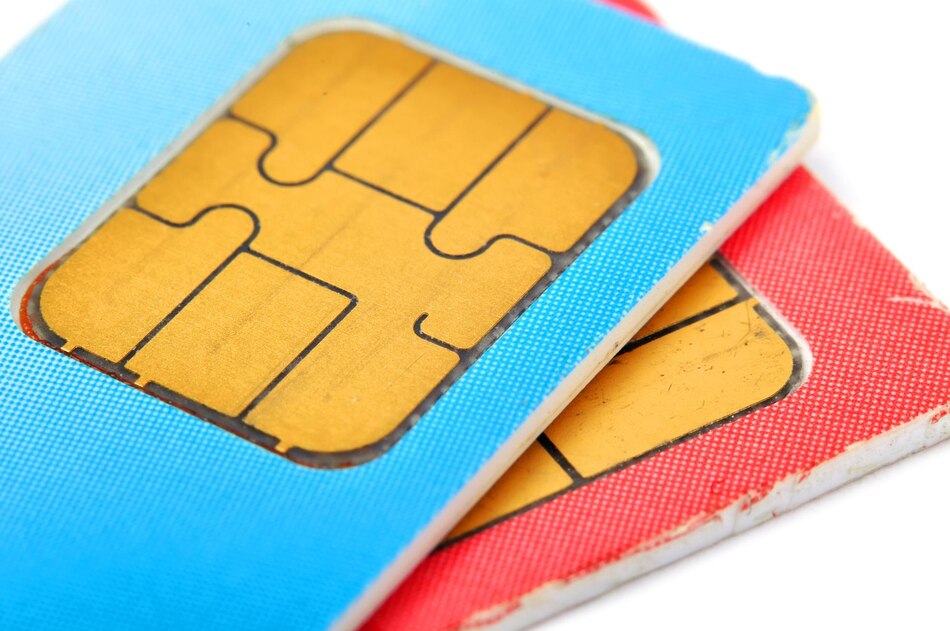Getting SIM cards registered is an essential part of ensuring that mobile communication networks are safe and accountable in the modern world of telecommunications. Recent events on the other hand have brought attention to one part of this process: the use of ZIP code in SIM registration. Consumers and regulatory bodies must understand this practice meaning implications and subtleties.
Why Zip Code In SIM Registration
Incorporating ZIP code in SIM registration is mainly due to the need for better identification and tracking of location in mobile networks. ZIP codes which stand for Zone Improvement Plan were first used in the US to organize mail carriers’ routes.
Over time they’ve become a common way to divide land areas within different administrative regions worldwide. When SIM cards are registered, telecommunications authorities and service providers can more accurately find where mobile users are by linking subscribers’ ZIP codes to their information.
This ability makes it easier to do many things such as providing targeted services coordinating emergency responses and following the rules set by regulators. Stakeholders want to improve the mobile communications infrastructure efficiency effectiveness and security by adding ZIP codes to the registration process.
Implications For Privacy And Data Protection
Adding ZIP code in SIM registration has real benefits for network management and public safety but it also raises important privacy and data protection issues. When their ZIP code is combined with other demographic or behavioral information people can be profiled, watched or targeted for marketing.
Also collecting and storing ZIP code information in centralized databases comes with security risks because these places become easy targets for bad people who want to steal sensitive personal information. So the rules governing the registration of SIM cards must balance legitimate security goals and protect users’ privacy rights.
To ease these worries regulators and phone companies need to implement robust data encryption access control and consent management measures throughout the SIM registration lifecycle. Transparent disclosure practices and privacy policies focusing on the user are also necessary to build trust and accountability in the mobile communications ecosystem.
Compliance And Regulatory Considerations
Ensuring subscriber data is handled legally, morally and safely including ZIP code in SIM registration processes requires following many legal and technical rules. Regulatory bodies that watch over the telecommunications industry must clarify how service providers can collect, use and store ZIP code information.
It is also recommended that regulatory frameworks include regular audits, compliance checks and enforcement tools to lower the risk of data misuse or abuse in the SIM registration ecosystem. International cooperation and information sharing are necessary to deal with cross border data flows and ensure that the rules of different jurisdictions are the same.
Read Also: TNT SIM Registration Link: Online Registration Instructions
Technological Considerations And Implementation Challenges
When you try to add ZIP codes to the SIM registration process many technological and implementation issues arise. Technically phone companies must ensure that their registration systems can correctly record, check and store ZIP code information to meet government standards.
To improve the accuracy and dependability of ZIP code data custom software solutions or third party geolocation services could be created. However it is challenging to get ZIP code data to work with data from different network operators and service providers.
Standardizing the format and structure of ZIP code information is essential so that different systems can easily share and use data. For this to work regulatory bodies and industry professionals must work together closely to set up common data standards and protocols.
User Experience And Accessibility
Using ZIP codes when registering a SIM card can change how users experience mobile services and how easy they are to get. Many users may think that giving their ZIP code when registering is an extra or bothersome step especially if they need to know why they are being asked to do it. Because of this phone companies need to teach users how important ZIP code data is for making networks safer and more efficient.
It is essential to make sure that the registration process is easy for people with disabilities or limited digital literacy to use. To meet the requirements and tastes of all users this could mean offering different ways to register like letting people register in person at authorized service centers or through designated agents.
Future Trends And Innovations In SIM Registration
How ZIP codes are used in SIM card registration will change as new technologies and trends in the telecommunications industry emerge. Digital identity solutions are becoming more popular. These solutions use biometric identification and blockchain technology to make subscriber data safer and more private.
Network management and security operations are increasingly using AI and machine learning algorithms. This may open new ways to use ZIP code data in predictive analytics and threat detection. Telecommunications companies can find and fix potential security risks and network holes by looking at patterns and trends in their collected ZIP code data.
Conclusion
There are many things to consider when adding ZIP code in SIM registration processes such as technology rules and the user experience. The telecommunications industry can get the most out of ZIP code based registration and make mobile networks safer, more efficient and easier to use by tackling these problems and embracing new ideas and trends for the future.


